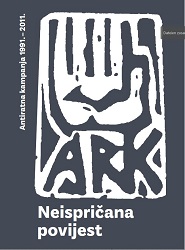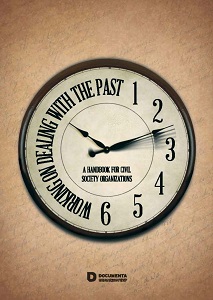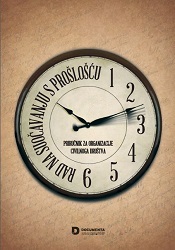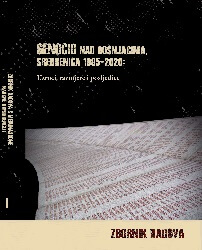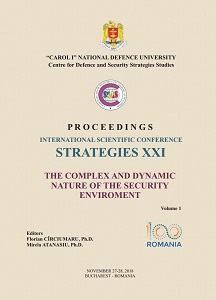
ADDRESSING THE EVALUATION OF CONTEMPORARY SOCIETAL SECURITY BASED ON COMPLEXITY CONCEPTS
Societal security, as developed by the Copenhagen Security School, is an extremely important area of the broader concept of a contemporary security approach that, in addition to military issues, also addresses a host of other threats from areas such as political,economic, societal or environmental ones. In the study of contemporary social security, a series of concepts specific to the theory of complex systems, such as complexity, self organization,chaos, etc., have been borrowed, which have substantially enriched the hermeneutics of the security discourse on the basis of non-traditional interpretations of social systems. This paper aims to present the basic concepts of complexity and their relevance to the theory and practice of contemporary societal security. At the same time, the paper presents some conclusions regarding the analysis methodology specific to the complexity science applicable to the field of societal security.
More...
